Regional
Kabila says Tshisekedi government ‘dictatorial’
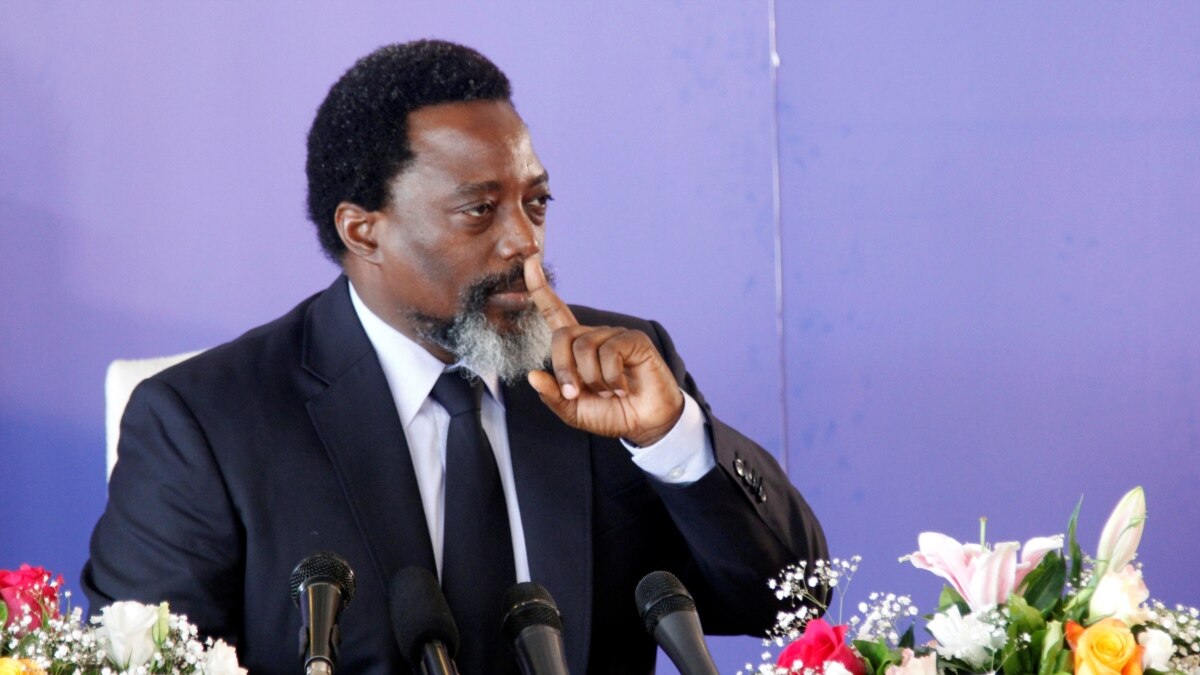
Joseph Kabila served as President of the Democratic Republic of Congo from January 2001 to January 2019.
Former
Democratic Republic of Congo (DRC) President Joseph Kabila is an angry man after
his successor, Felix Tshisekedi, denied him as well as members of his family
and close political allies freedom of movement, according to reliable sources.
Sources
say that Kabila has warned of upcoming chaos in DRC although he did not explain
the nature of the chaos; whether it is of his own making or related to the forth-coming
elections.
Kabila’s
view, however, is shared with other opposition politicians who continue to predict
more trouble for DRC as Tshisekedi has stubbornly refused to dialogue with the
M23 rebels who took up arms against the government for over a decade, to fight
for their rights.
Instead
of embracing the political process, Tshisekedi believes in a military option
which has not provided a lasting solution to the crisis in eastern DRC for
years.
Kabila
influenced the ‘fraudulent elections’ in 2018 that installed Tshisekedi as his
successor, but their honeymoon did not last long. Indeed, in politics, there are neither
permanent friends nor enemies, and it is about shared interests.
In
December 2020, the allies
of Kabila within the Common Front for Congo (FCC) political alliance accused
Tshisekedi of violating the Constitution over his plan to form a new governing
coalition, describing the move as “dictatorial”.
The FCC representative at the time, Nehemie
Mwilanya, said that, the Congolese head of state's actions “violate the
constitution and serve as a pretext to liquidate the institutions established
by the elections.”
Kabila has met several Western
diplomats and expressed his displeasure with Tshisekedi’s government which he
accused of placing him under surveillance. The intelligence agency, the Agence
Nationale de Renseignement (ANR), reportedly watches his every move.
In order to travel out of the
country, Kabila seeks for travel permission from Jean Herve Mbiosha Mbelu, the
chief of the intelligence agency, which makes the former president
uncomfortable, realizing that he is under siege.
Regarding
the upcoming elections in December, Kabila has revealed to several foreign
diplomats and regional leaders that Tshisekedi will not allow the elections to
take place.
Without
reforming the Independent National Electoral Commission and the Constitutional
Court, the former president believes that in the current state, the two bodies
are not capable of organizing free and fair elections.
Kabila
is also troubled by Tshisekedi’s poor relations with neighboring countries in
the region and the growing isolation of DRC on the international scene.
According
to sources, Kabila has - through his allies - reached out to regional leaders
with the concern of the political instability in DRC caused by Tshisekedi which
may plunge the country into a new crisis. He sees the government army (FARDC)
as weak and disorganized, with no capacity to win the war against M23.
Instead
of solving the crisis, Tshisekedi created militias like Wazalendo - and
supplied them with arms - whose presence has caused more insecurity in the east
of the country.
Despite
the fact that the East Africa Community Regional
Forces (EACRF) managed to bring relative peace, Tshisekedi is not happy as the force
refused to fight M23, which was his hope of winning the war.
Tshisekedi therefore, grudgingly continues to make short
extensions of the EACRF mandate so that in the end, he can send them packing
and replace them with militias and foreign mercenaries who will serve his
political interests, regardless of the violence that the move is likely to
cause.
By
breaking his silence to the international community and reaching out to his political
allies and regional leaders, questions are being asked whether Kabila who still
has influence among politicians and high ranking military officers is likely to
influence a coup d'état to remove Tshisekedi, as witnessed in countries like
Mali, Guinea, Sudan, Burkina Faso, Niger
and Gabon.



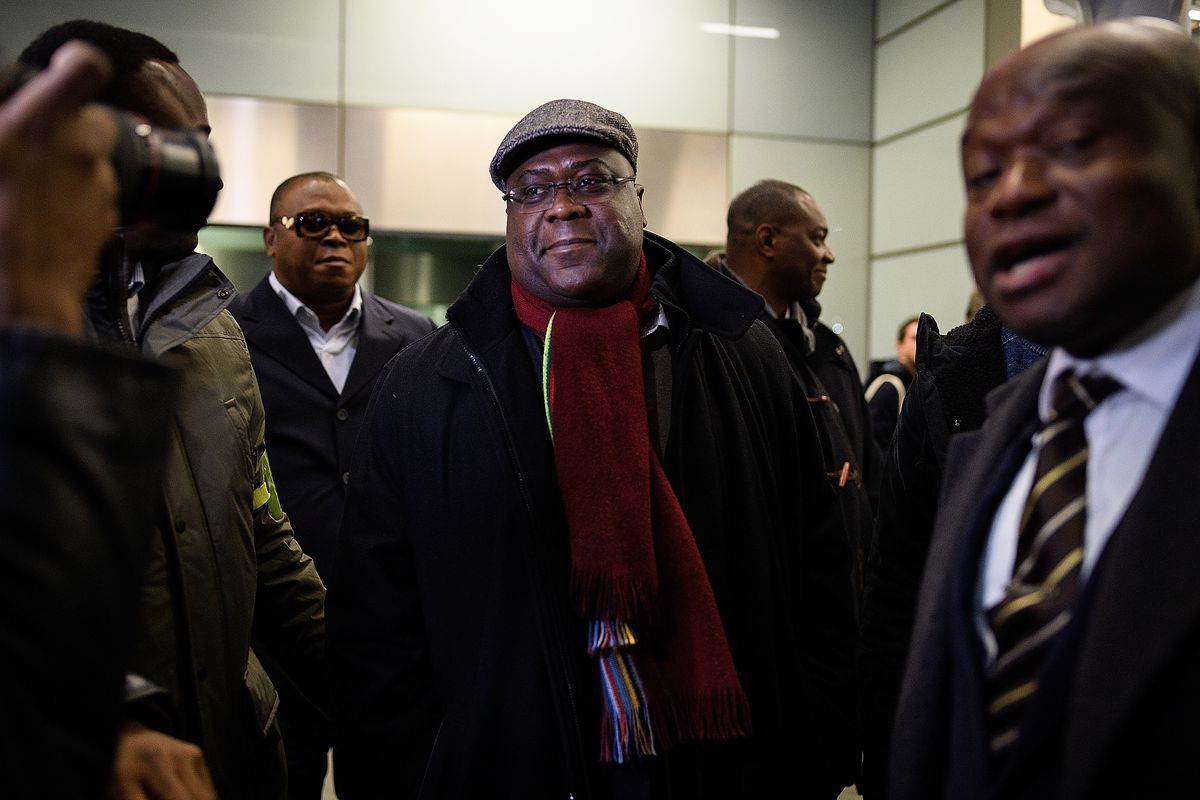
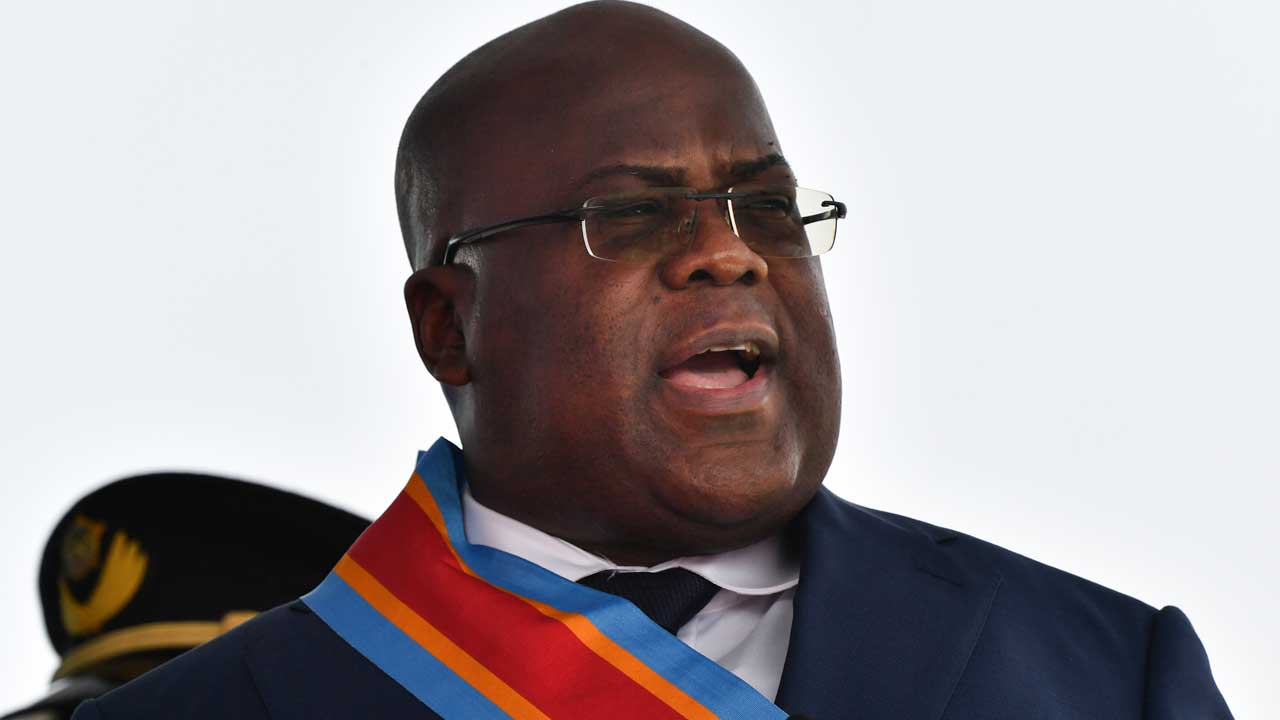
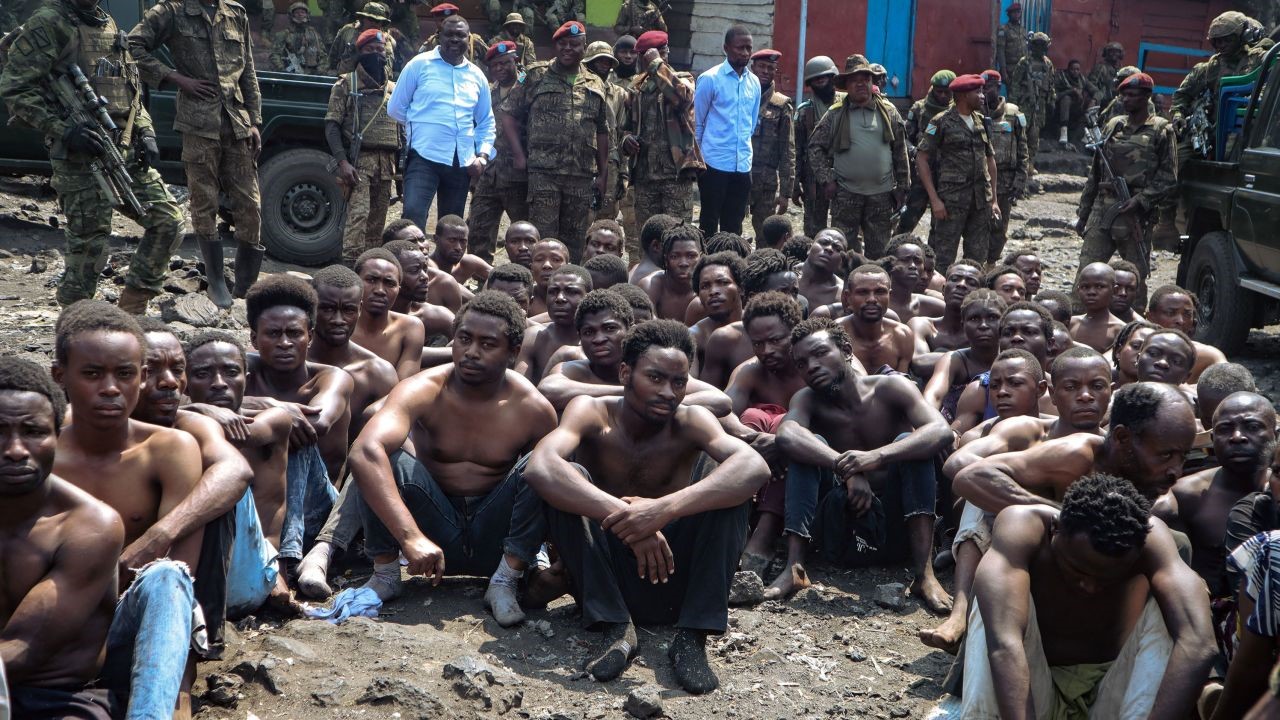
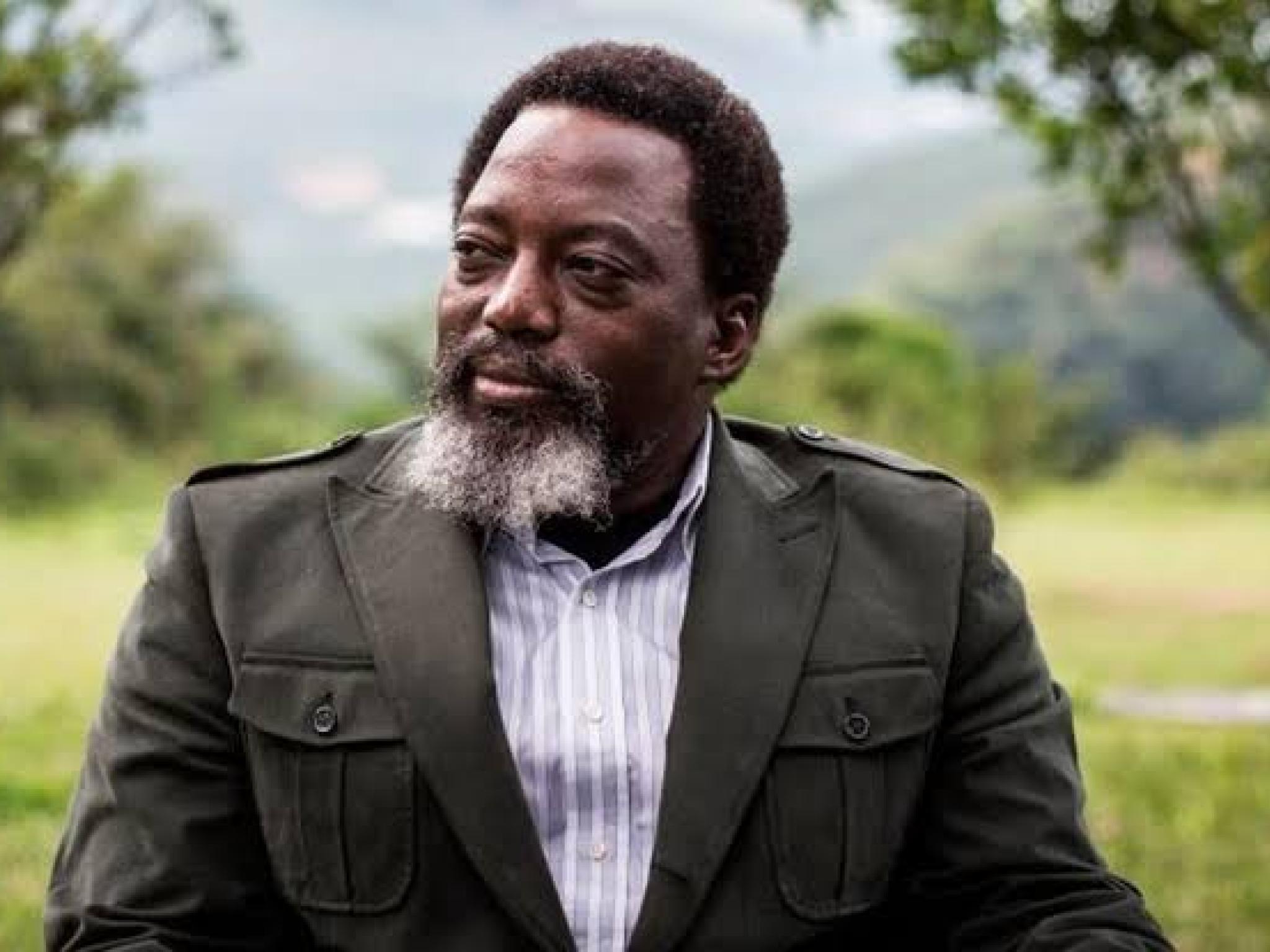
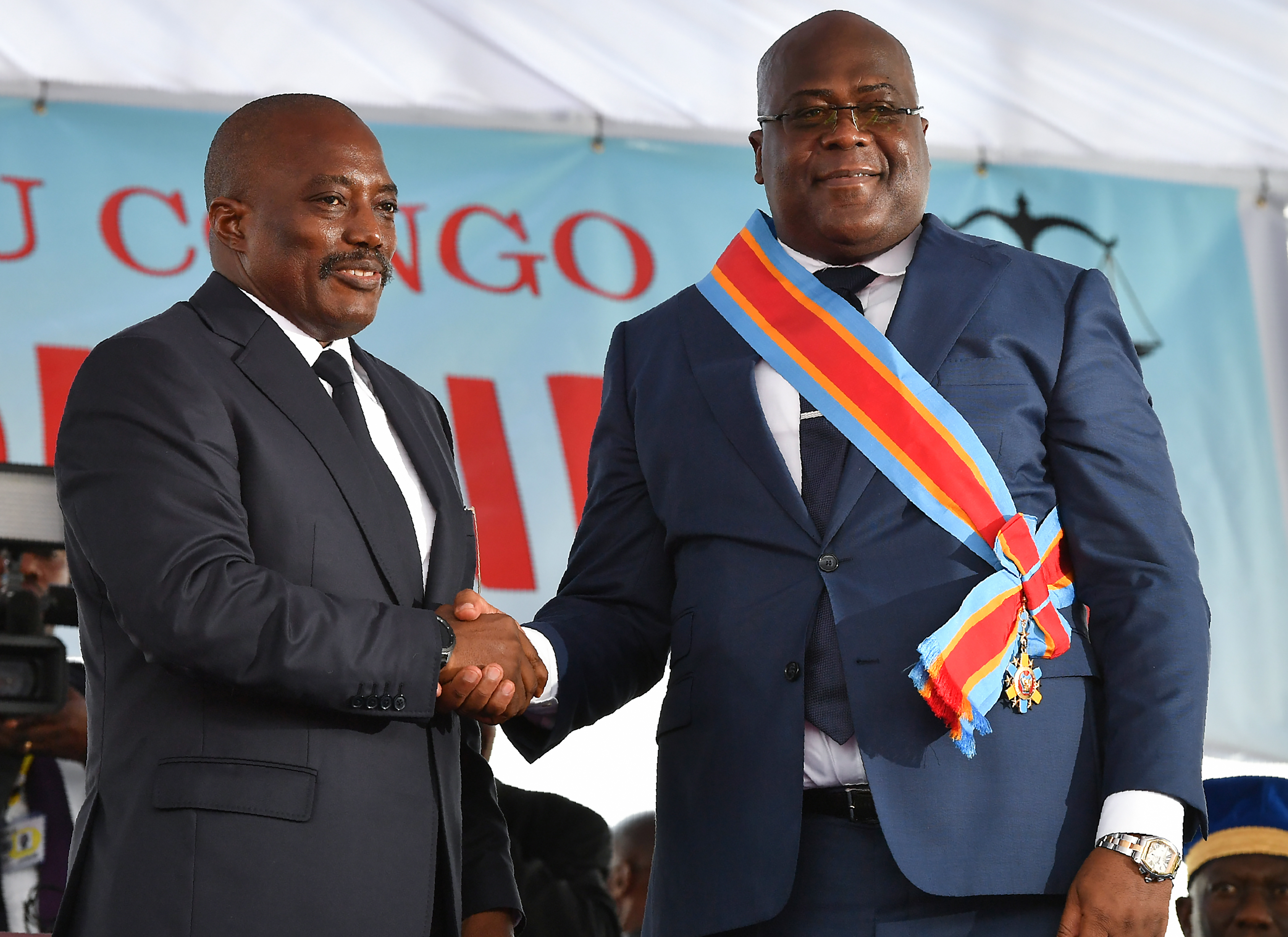
.jpg-20210225014445000000.jpg)